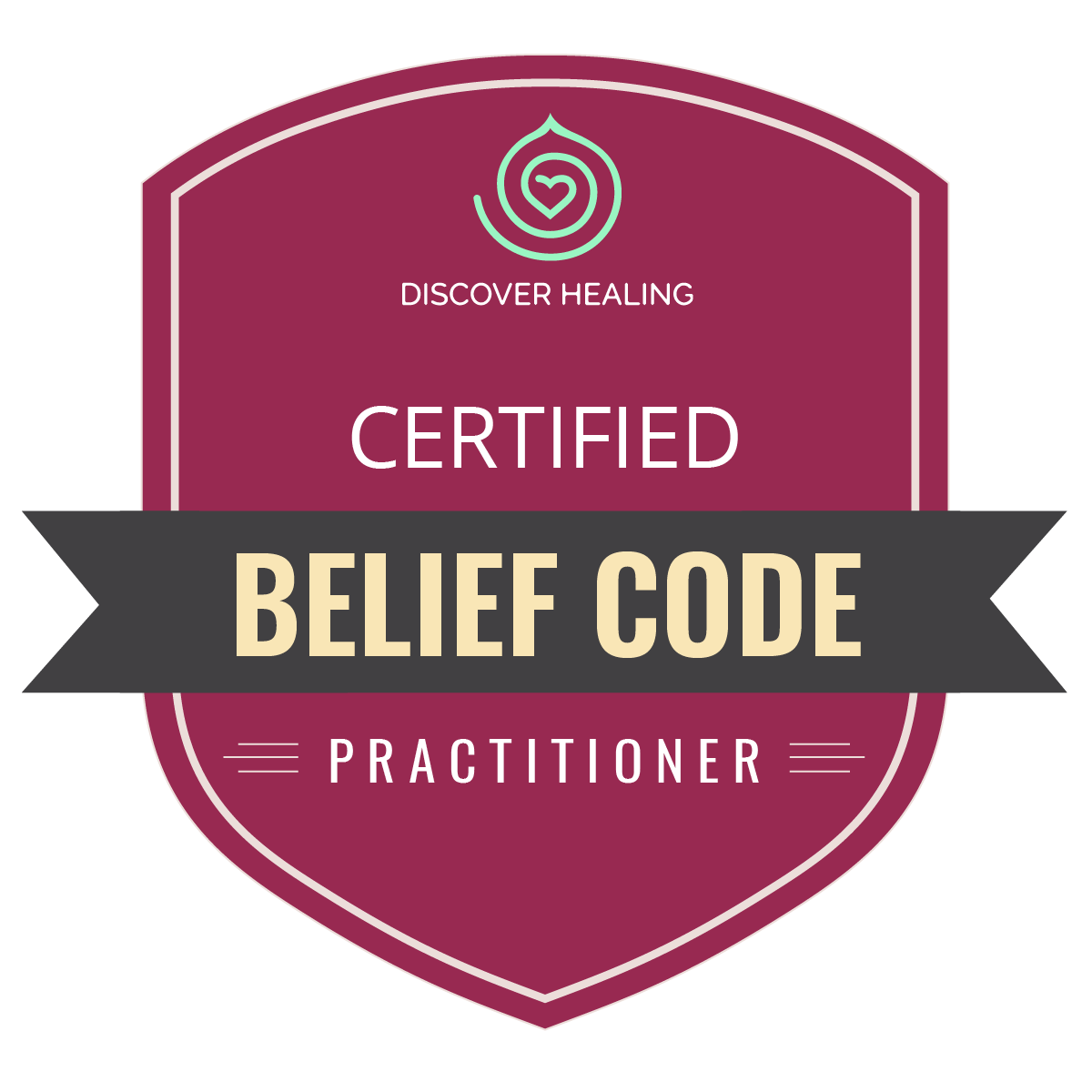The Power of Forgiveness in Healing and Self-Preservation

Forgiveness is a powerful tool, not just for healing our past but for safeguarding our present and future. In a world filled with diverse personalities and the pervasive influence of social media and unhealthy lifestyle choices, understanding forgiveness becomes essential.
Addressing Personality Disorders and Toxicity
Mental health disorders such as narcissism and borderline personality disorder can often lead to behaviors that affect those around these individuals. While it’s crucial to approach these disorders with empathy and understanding, recognizing the limitations in changing or “fixing” another person’s behavior is vital. Equally important is acknowledging energetic toxicity that stems from poor lifestyle choices, such as unhealthy eating, excessive drinking, and consuming negative media content. These factors can amplify toxic behaviors and create environments that hinder personal growth.
The Role of Karma and the Divine
Karma, in spiritual terms, is not merely about retribution but about learning and growth. It is a reminder that the universe has a way of balancing energy, ensuring that each soul has lessons to learn in their journey. It is not our responsibility to correct another’s soul but to protect and nurture our own. The divine plan works beyond our understanding, often providing us with opportunities to embrace forgiveness, freeing ourselves from the burdens of resentment.
Practicing Forgiveness and Self-Care
Forgiveness is not about condoning negative behavior; instead, it’s about releasing our own spirit from the shackles of anger and pain. It allows us to move away from those who are not living in their highest light, protecting our inner peace. Practicing self-care is not selfish; it is a vital component of thriving in an energetically toxic world. When we forgive, we align with the light, rising above the pervasive darkness.
Steps to Forgiveness
Forgiving someone, especially in challenging situations, can be a transformative experience. Here’s a step-by-step guide to help you along the journey of forgiveness:
- Acknowledge Your Feelings
Begin by recognizing your emotions. It’s essential to understand how the hurt or betrayal has affected you. Journaling can be a helpful way to express these feelings. - Understand the Importance of Forgiveness
Reflect on how holding onto grudges impacts your mental and emotional well-being. Recognize that forgiveness is for your peace, not necessarily for the offender. - Empathize with the Offender
Try to see the situation from the other person’s perspective. Understanding their motivations or struggles doesn’t excuse their behavior but can make it easier to let go of resentment. - Communicate Your Experience
If possible, discuss how you felt about the situation with the person involved. Use “I” statements to express your feelings without blaming. This can open the door to healing for both parties. - Set Boundaries if Necessary
Forgiving doesn’t mean you have to allow the person back into your life in the same capacity. Determine what boundaries you need to protect your emotional health moving forward. - Let Go of the Grudge
Consciously make the decision to release your hurt and anger. This is often the most challenging step but also the most liberating. Visualization or meditation can aid in this process. - Focus on the Present
Cultivate mindfulness and stay in the present moment. This practice helps prevent dwelling on the past and reduces anxiety about the future. - Practice Self-Compassion
Be kind to yourself as you navigate this process. Forgiving doesn’t mean you aren’t allowed to feel hurt. It means you’re choosing to prioritize your peace. - Seek Support if Needed
Sometimes, the guidance of a professional therapist can provide the support needed to process deep-seated hurt and embrace forgiveness. - Celebrate Your Progress
Acknowledge the courage and effort it takes to forgive. Celebrate the gains in your emotional freedom and move forward with a lighter heart.
Forgiveness is a journey rather than a destination. It’s perfectly normal for the process to take time, and practicing patience with yourself is key. By taking these steps, you are investing in your healing and opening up pathways to lasting peace.
Aligning with light and rising above
By forgiving, we align ourselves with positive energies, enhancing our mental and spiritual well-being. This alignment helps us rise above the negativity that many struggle with, allowing us a clearer path towards personal growth and fulfillment. In doing so, we create a space for light to enter our lives, illuminating our path and allowing us to live more fully and authentically.
An Essential practice
Forgiveness is an essential practice for maintaining mental health and vitality. It empowers us to navigate life’s complexities with grace and resilience, ensuring that we remain true to our inner selves while engaging with the world around us.
This educational post aims to resonate deeply with readers who struggle with external negativity, providing them with insights into the transformative power of forgiveness. It emphasizes personal responsibility for one’s own mental health and encourages an understanding approach towards others, all while maintaining a protective boundary for oneself.
A very effective way to expedite the process of emotional healing and forgiveness is through Energy Healing. Releasing trapped emotions is a wonderful way to lighten up our personal energy field within. The longer you have lived, the more you have to let go. Energetic freedom is possible with the support of an Energy Healer.
Related Blog Posts






Share Your Thoughts